Social media is a powerful tool when used correctly. Over the past week, we’ve seen proof of this in the way people have come together around the world to protest the death of George Floyd, police brutality and systemic racism in the US and UK.
You may’ve seen the term ‘to be silent is to be complicit’ shared widely. For white people, it has never been more important to take stock of what that truly means. Not being racist is not enough, you must be actively anti-racist and take stock each and every day of how you can implement this in your life to create change.
That’s why you’ve seen influencers, celebrities and companies called out for their – very loud – silence on the Black Lives Matter movement and ongoing protests. Because, to not say anything when people are literally screaming for their lives is to say a lot. But specifically, why they’re staying silent has been a sore point of the last week.
When brands or influencers do finally speak up, often their statements begin with ‘I haven’t known what to say to be a good ally’ or ‘I have not wanted to speak out in case I say something wrong’. It’s a fear you may’ve had yourself when posting on social media this weekend.
But crucially, this is just a huge display of your own privilege. Being able to stay silent, to be scared of what’s right or wrong to say, to not do the research, that is a privilege. It's your job to do the work and understand how to be a good ally.
Do not centre yourself
Address your privilege, sure, but not every post has to begin with ‘I’m white and I acknowledge that’. Your followers know that you’re privileged, but this isn’t all about you. The same goes for people posting about how nervous they were to speak up – some things don’t need explaining. You’re speaking up now and choosing to move forward by being actively anti-racist and that’s what matters.
Focus on the content you're posting, not how you think or feel. Think beyond how distressing the footage is for you to watch and think about the people experiencing it, the people who live in fear of it every day. Post the ways in which people can actively help or add to the conversation with facts or research (make sure you credit whatever words you use if they are not yours).
Include a call to action
It is not enough to simply share your thoughts and prayers, a historic quote or a Black Lives Matter infographic (that you may not even have the right to share, fyi). Currently, Google search results for George Floyd quotes, Black Lives Matter quotes and Martin Luther King quotes are spiking. But posting a picture or quote and moving on with your day, onto your next mirror selfie, is the definition of virtue signalling – an empty gesture that doesn’t add enough value to the conversation. Always include an active way people can get involved in the movement or help in some way.
That might be ways to support bail out funds, petitions for justice, books to better educate yourself – there are tons of different resources being shared widely (and if you haven’t seen them, think about expanding your own range of followers to include the people who are sharing ways to help widely). You can find out more about these resources here. Or, you can visit this Google document with petition and charity resources in the UK and US.
Or you could call out those in power that are remaining silent. From politicians to industry giants, it's important to hold people accountable. Ask your local MP what they're doing to tackle racism in the UK, call out the major companies that aren't promising to actively change how they operate to fight the issues their black customers and employees face. This issue goes beyond police brutality and encompasses all the ways black people are treated with less respect in their everyday lives - so call out those that exhibit that in the way they treat their staff, present their brand or handle racism in the workplace.
Educate yourself
The excuse that you don’t know what to say is no longer good enough. Being a good ally means holding yourself accountable and doing the work yourself to better understand what’s going on. That does not mean asking people of colour what you should say or post. It’s not the job of the oppressed to teach you how to stop oppressing them, and it’s a huge emotional burden to expect your friends or family to unpack the injustices they deal with daily for your own benefit.
As well as anti-racism quotes trending on Google, anti-racism resources is also a huge search term right now. You can easily find work online that will help you better understand police brutality and books to read that explain the injustices black people face daily - crucially, in the UK as well as the US.
When it comes to books though, research the author first and note whether they’re actually comfortable with you buying their book right now. Reni Eddo-Lodge, for example, who wrote the award-winning Why I’m No Longer Talking To White People About Race, has encouraged people to find her book in libraries or borrow it.
‘I'm asking everyone who buys a copy to please match however much you bought it with a donation to the Minnesota Freedom Fund,’ she tweeted this week. ‘Better yet, borrow a copy from a friend/your local library and donate what you would have spent. This book financially transformed my life and I really don't like the idea of personally profiting every time a video of a black person's death goes viral.’
You can pay for online courses that help you to unpack your own privilege. You can research how the UK created white supremacy when it colonised countless countries and ruined the lives of indigenous people all around the world. It’s only through understanding how deep this history goes that you can appreciate the importance of this current reaction and how completely valid it is.
Then, not only may you feel more confident to post online, but you can also take these conversations offline into the real world where you can share the education with friends or family members and encourage real change.
Think about who your followers are
Often, everyday people with very normal-sized followings may not feel they are influential enough to post. But when you think about it, you may have more influence than even the activist you follow. When it comes to influencers, we curate our social media feeds to reflect our own ideas, typically following people who think how we do. However, when your main following is your family or friends the people you’re reaching may have starkly different ideas to you.
Think about where you're posting and who you’re posting to when deciding what to post. On Facebook, for example, you may be more likely to reach your problematic uncle than on Instagram. If you know you have problematic friends or family members, post easy-read statistics or facts that illustrate the injustice in a way they cannot argue with. If you think your followers might see this as a solely American problem, post content that helps them understand racism is just as deeply-engrained in the UK as it is in the US and how it impacts Black British people everyday.
If you think your followers feel the same way as you but may not be well-informed, post ways to help, charities they can donate to for example. Or, post links to books they can read more about these topics and suggest they follow other activists that provide this content more, or better, than you.
Ultimately, it's up to you to do the research to feel comfortable posting online. It all comes down to whether you want to appear to be an ally, or actually be one.
Read More: Anti-Racist Charities To Support
Charities To Support - Grazia
 1 of 23
1 of 23Stephen Lawrence Charitable Trust
Stephen Lawrence Charitable Trust works with young people from disadvantaged backgrounds aged 13 to 30 to inspire and enable them to succeed in the career of their choice
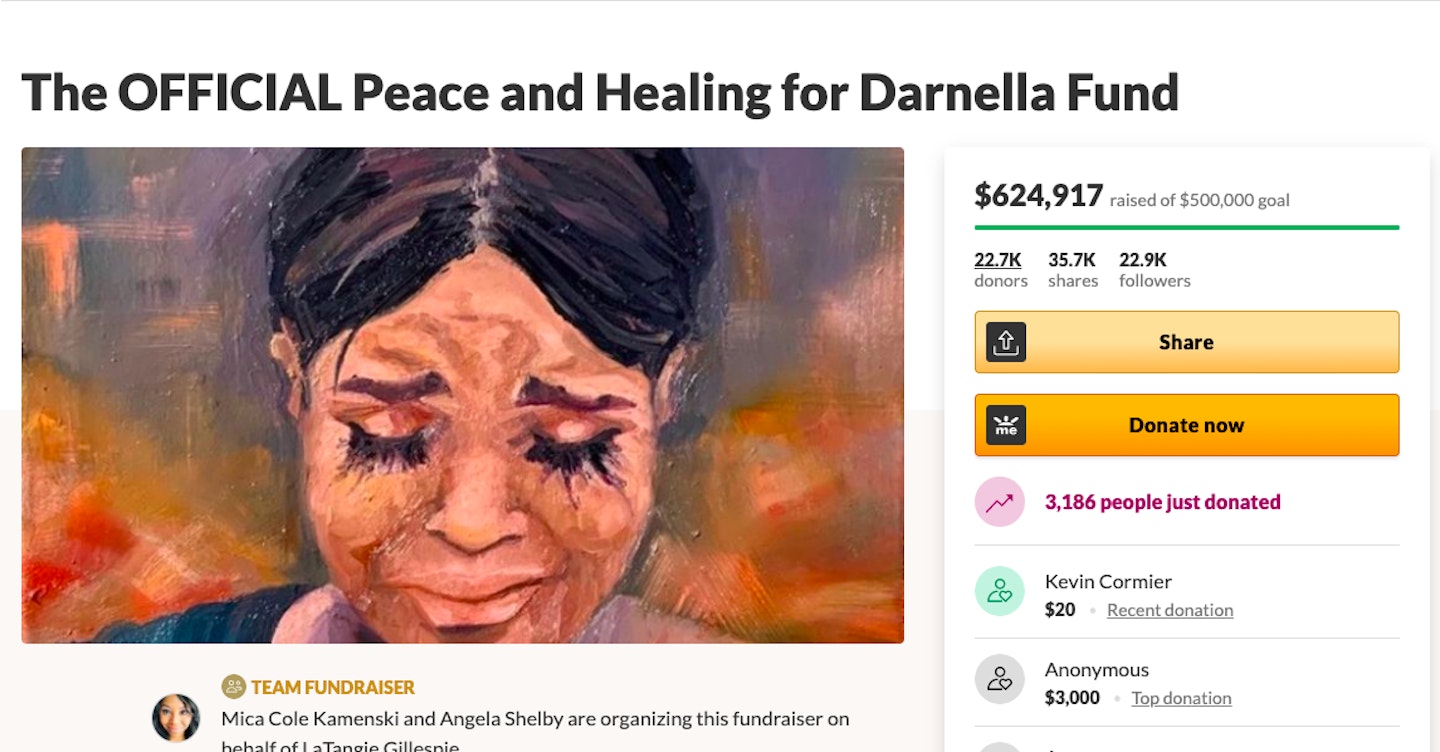 2 of 23
2 of 23Peace and Healing for Darnella Fund
Darnella Frazier, the brave young woman who filmed the murder of George Floyd, deserves peace and healing. In addition to the trauma of watching a black man be murdered by police, she has had to deal with trolls, bullies and ignorant people harassing her online. This fund is to support the healing and the restoration of hope for Darnella Frazier —whatever that means to her.
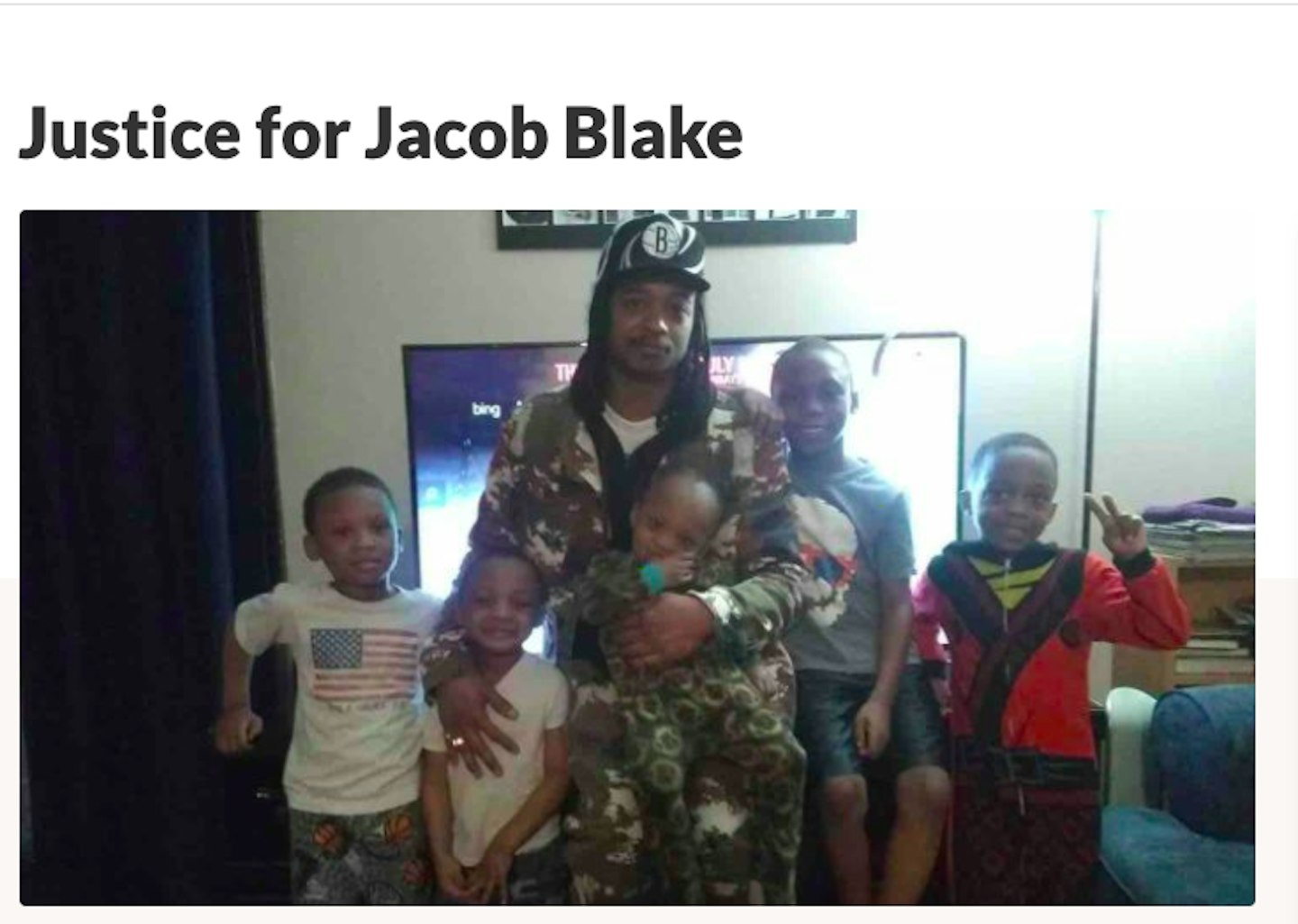 3 of 23
3 of 23Justice for Jacob Blake Fund
Set up by Blake's mother, this fund will cover his medical expenses, mental and grief counseling for his family and to assist them in the days to come, as they continue to seek justice for Jacob. A portion of these proceeds will also be used to benefit his six children.
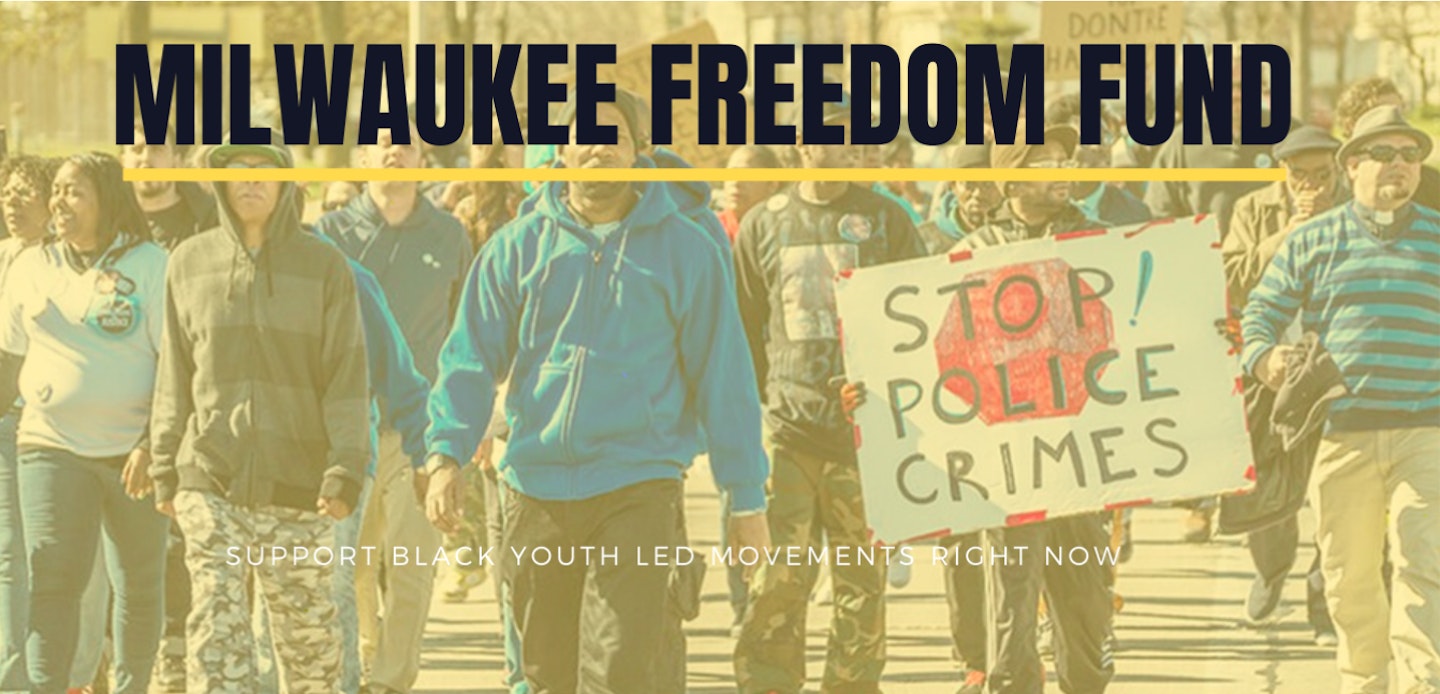 4 of 23
4 of 23Milwaukee Freedom Fund
MFF was started by Black and Brown Milwaukee organizers to support residents' right to protest for justice. Donations help support their work helping protesters and community mutual aid and start a locally controlled and operated Milwaukee Bail Out Fund that is part of the National Bail Out Network. Through this work they will build on ongoing bail abolition efforts, support immigration efforts, work towards Black and Brown Liberation and support Black and Brown young people as they build a new world.
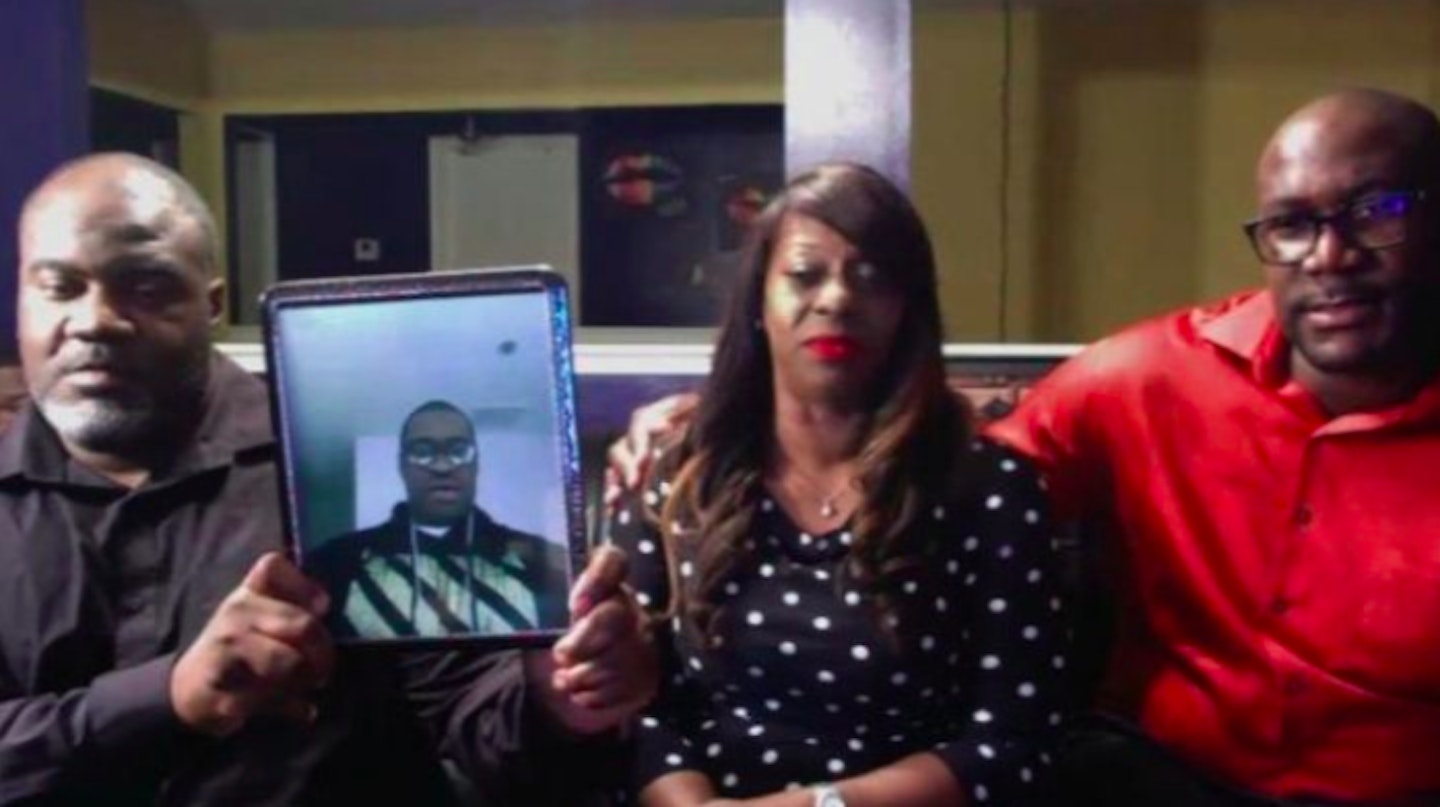 5 of 23
5 of 23George Floyd Memorial Fund
This fund covers his funeral and burial expenses, mental and grief counseling for the family, lodging and travel for all court proceedings and to assist the family in the days to come as they continue to seek justice for George. A portion of these funds will also go to the Estate of George Floyd for the benefit and care of his children and their educational fund.
 6 of 23
6 of 23Minnesota Freedom Fund
The MFF is working with the US National Lawyers Guild and Legal Rights Center to help bails that are set for protestors.
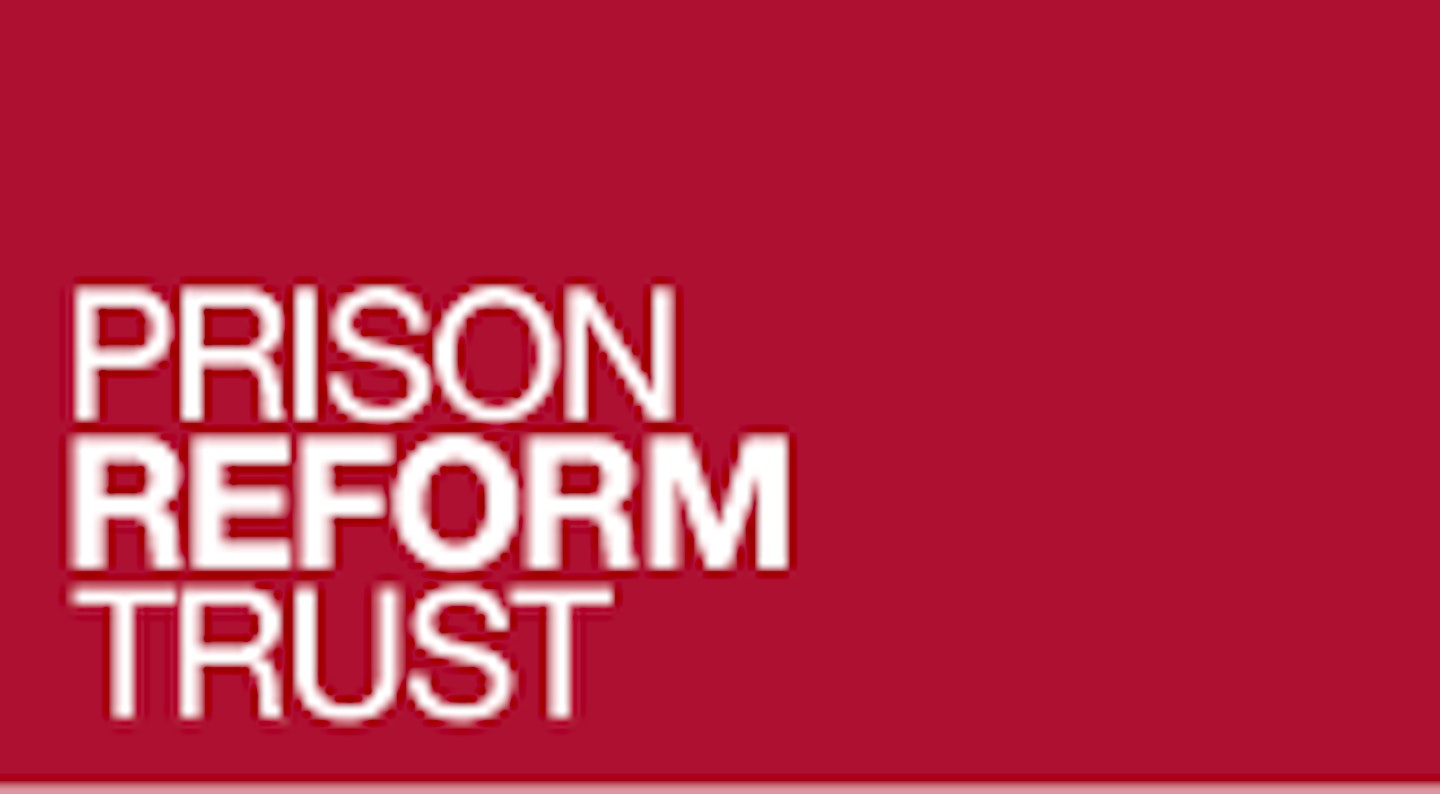 7 of 23
7 of 23Prison Reform Trust
Prison Reform Trust works to make the prison system in the UK just, humane and effective.
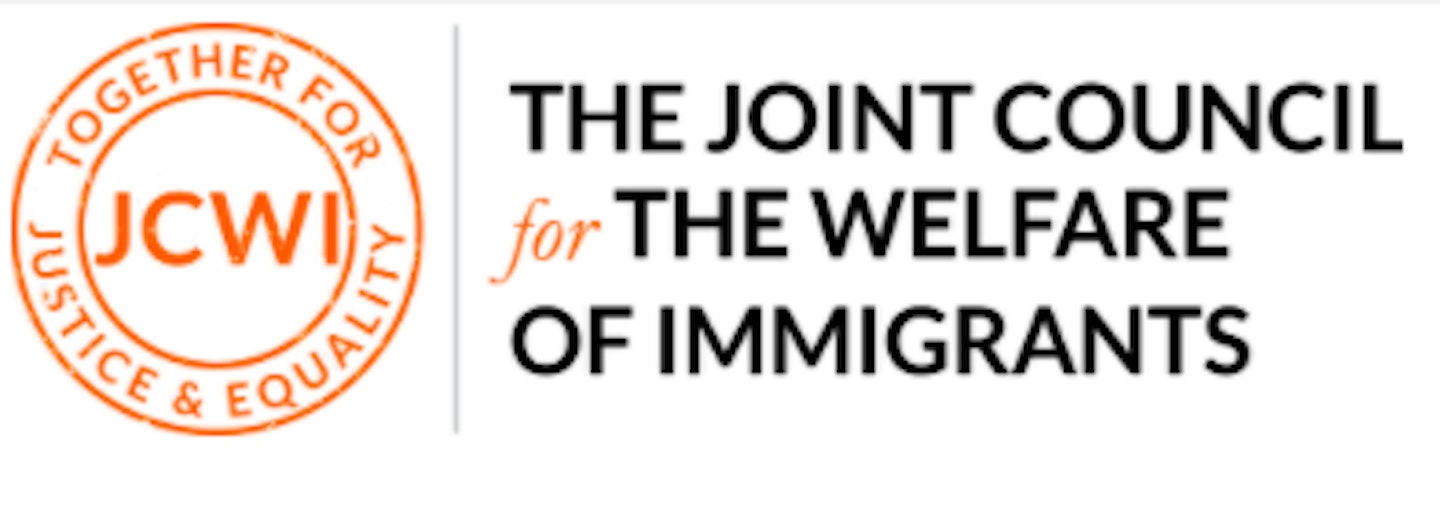 8 of 23
8 of 23Joint Council For The Welfare Of Immigrants
The JCWI aims to create a world in which immigration law and policy are based on sound evidence, promote the rule of law and are underpinned by respect for human rights and human dignity
 9 of 23
9 of 23Access UK
Helps reduce BME youth unemployment, provide employment and training solutions for youth offenders and implement anti-gang initiatives in the community.
 10 of 23
10 of 23Charity So White
Tackles institutional racism in the charity sector.
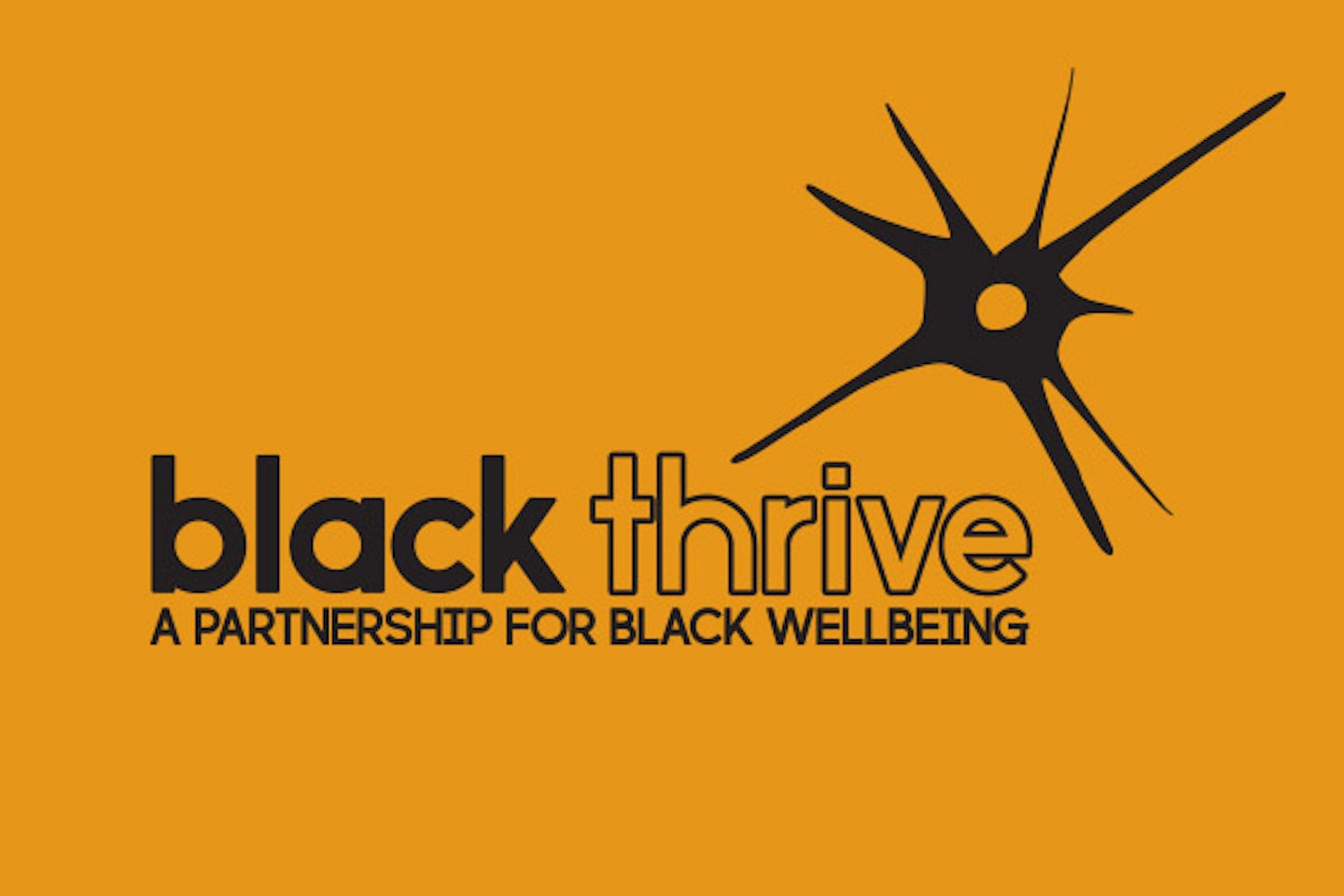 11 of 23
11 of 23Black Thrive
Black Thrive works to reduce the inequality and injustices experienced by Black people in mental health services.
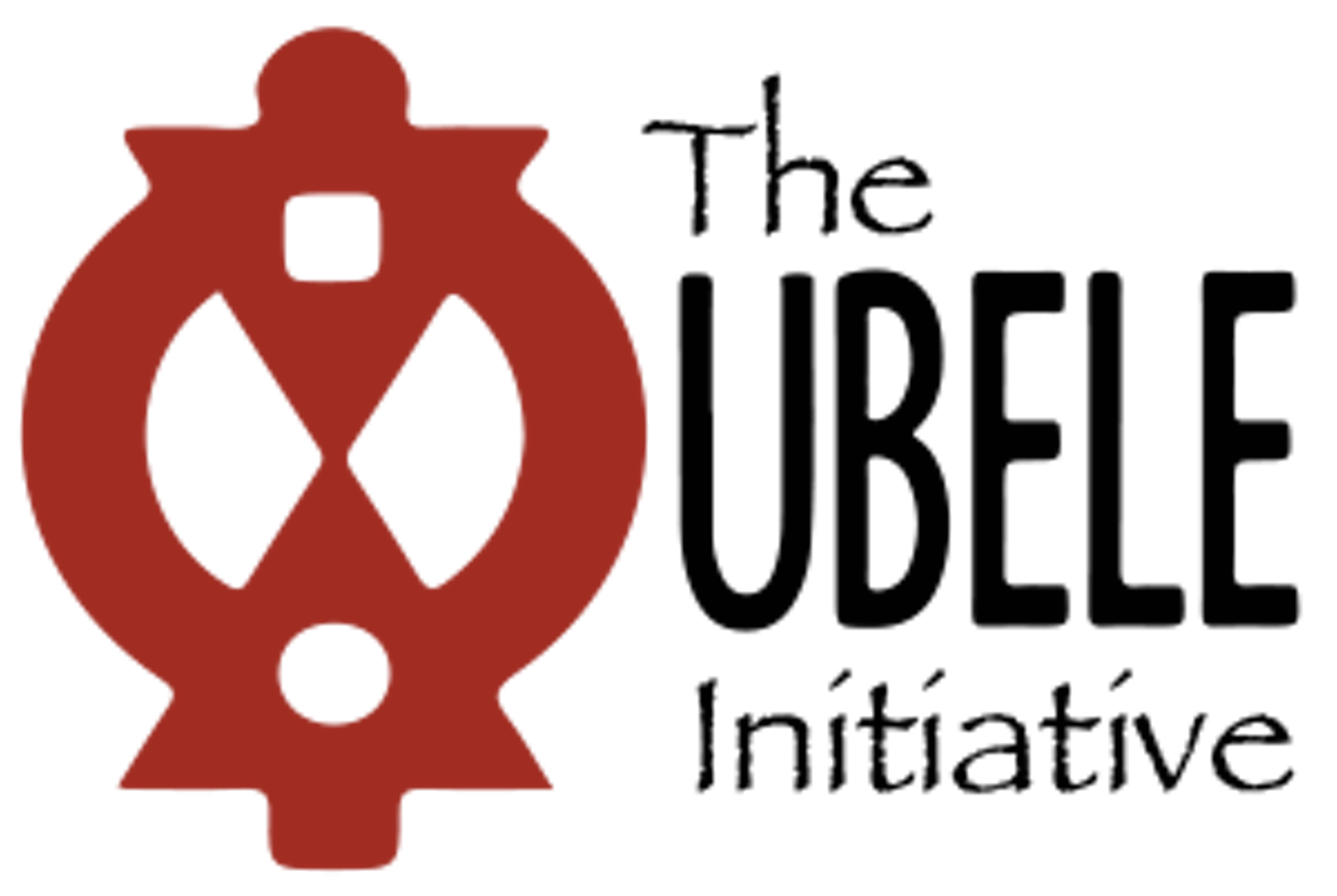 12 of 23
12 of 23The Ubele Initiative
Supports the African diaspora community.
 13 of 23
13 of 23Women In Prison
Supports women affected by the criminal justice system and campaigns to end the harm of prison to women, their families and our communities.
 14 of 23
14 of 23Race On The Agenda (ROTA)
Race On The Agenda (ROTA) is a social policy research organisation focusing on issues that impact BAME communities.
 15 of 23
15 of 23Show Racism The Red Card
Provides educational workshops, training sessions, multimedia packages, and a whole host of other resources, all with the purpose of tackling racism in society.
 16 of 23
16 of 23The Equality Trust
Works to improve the quality of life in the UK by reducing economic and social inequality.
 17 of 23
17 of 23Stop Hate UK
A service for victims of racial harassment aiming to end hate crimes in the UK.
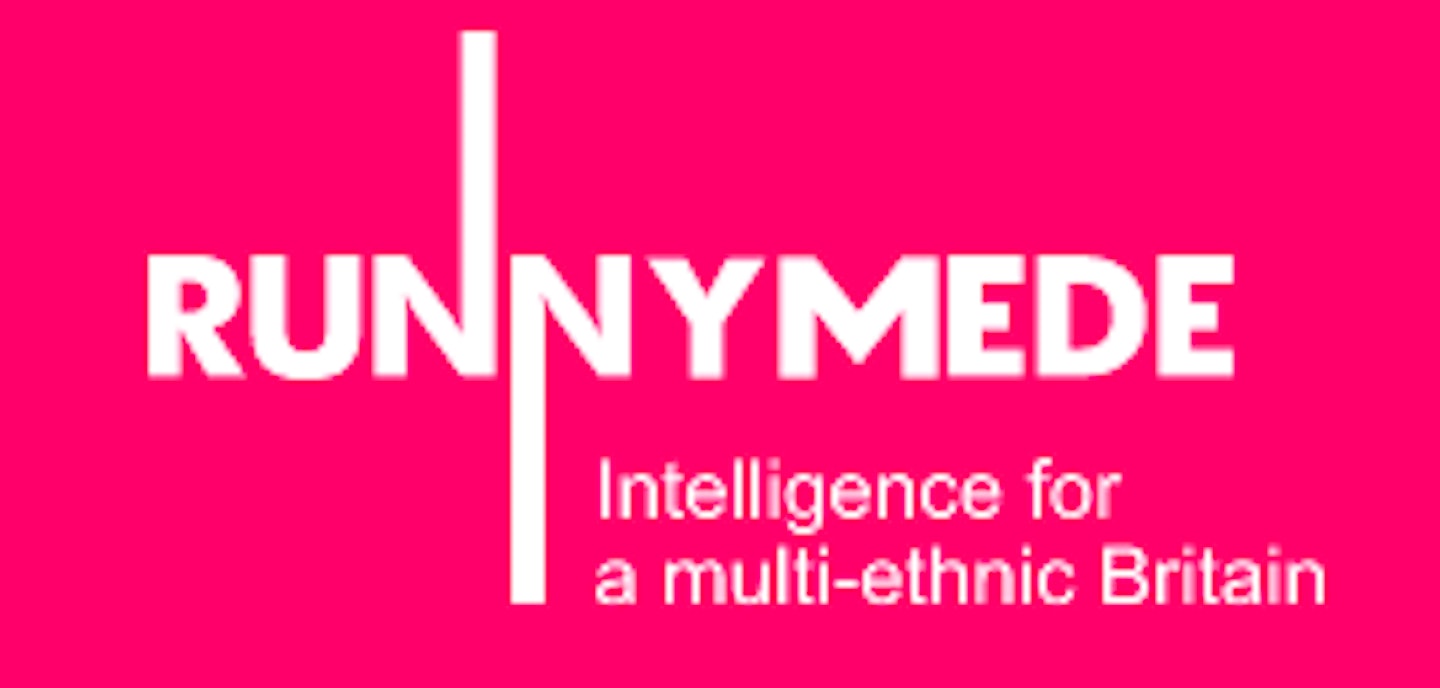 18 of 23
18 of 23Runnymede
Generates intelligence to challenge race inequality in Britain through research, network building, leading debate, and policy engagement.
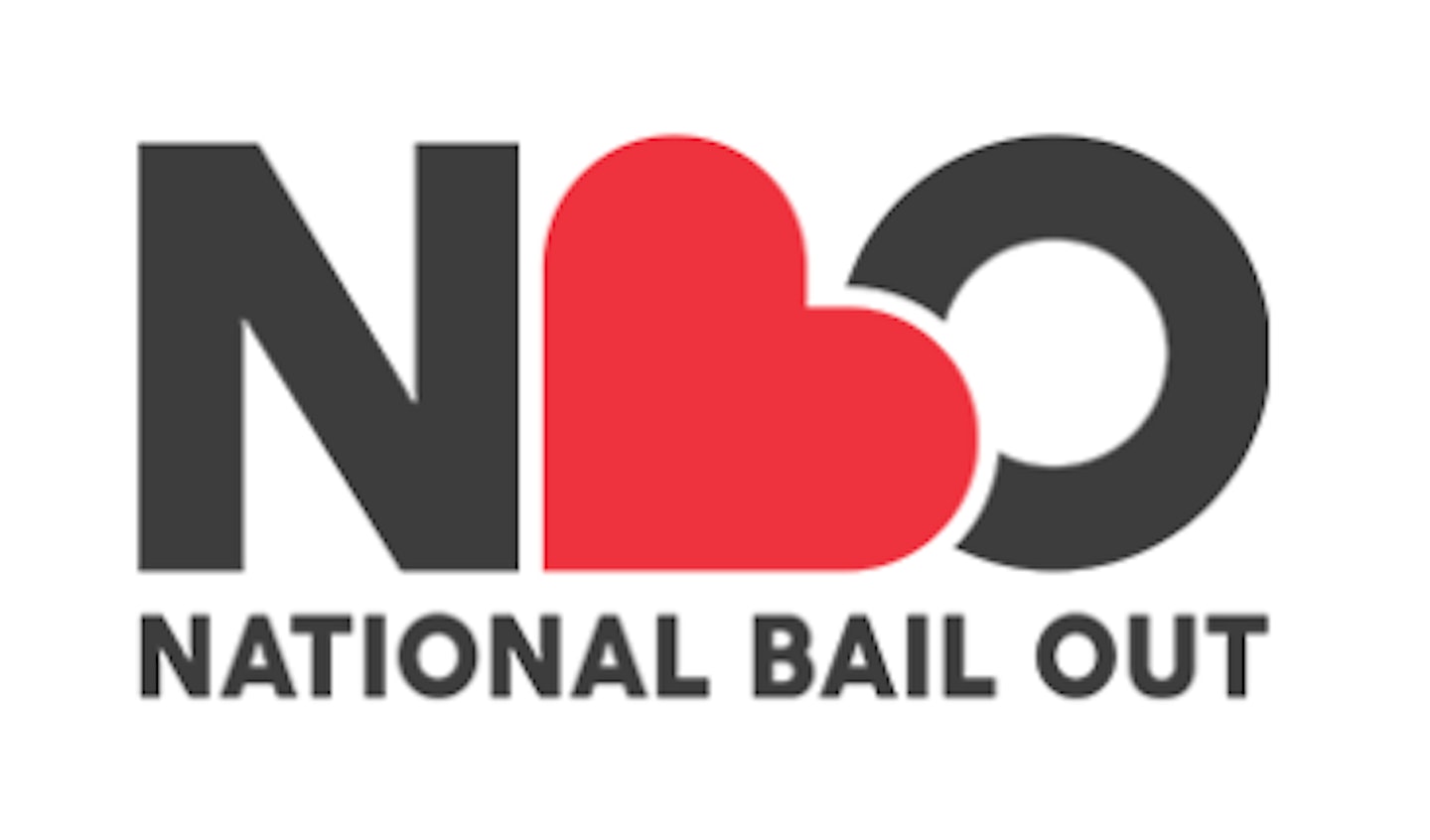 19 of 23
19 of 23National Bail Out
This US charity is a Black-led and Black-centered collective of abolitionist organizers, lawyers and activists building a community-based movement to support our folks and end systems of pretrial detention and ultimately mass incarceration.
 20 of 23
20 of 23Black Lives Matter
This US organisation (for which there is a UK movement here) fights to end state-sanctioned violence, liberate Black people, and end white supremacy forever.
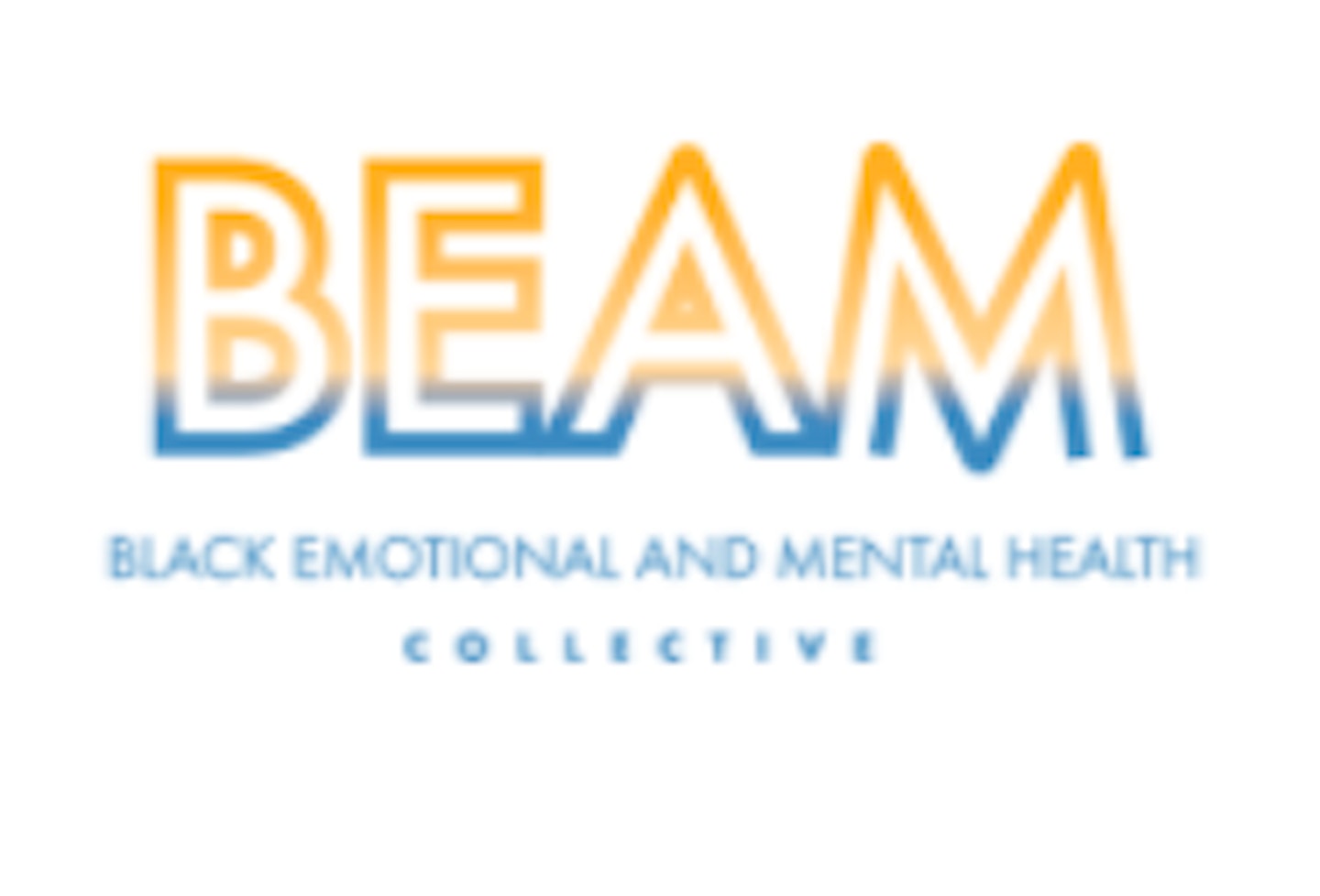 21 of 23
21 of 23BEAM
BEAM is a US training, movement building and grant making organization dedicated to the healing, wellness and liberation of Black and marginalized communities.
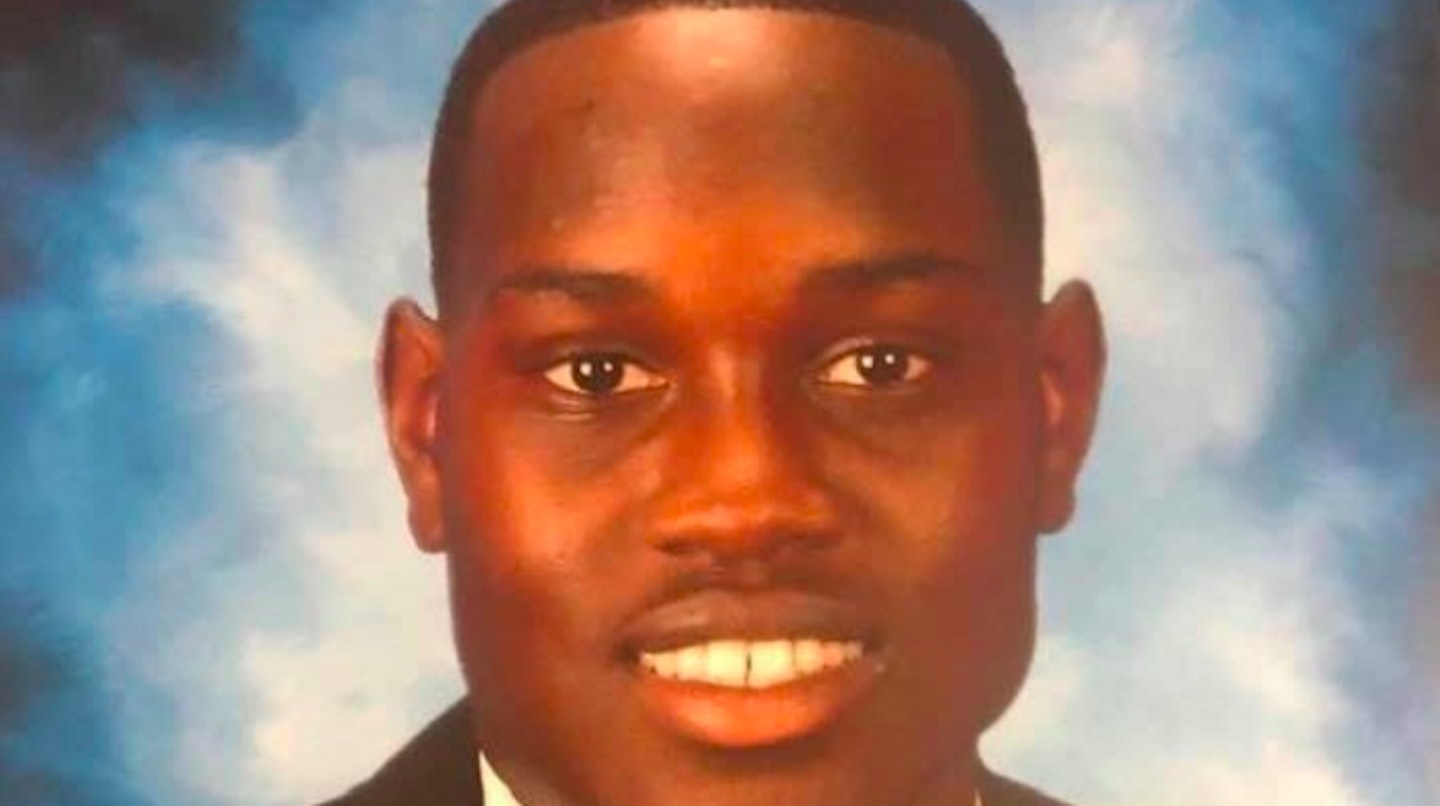 22 of 23
22 of 23Ahmaud Arbery Memorial Fund
Ahmaud Arbery was chased and gunned down by Travis McMichael, son of retired Brunswick investigator Greg McMichael, under the father's and son's pretenses of witnessing a burglary in Satilla Shores of Glynn County. There is no evidence of the alleged burglary.
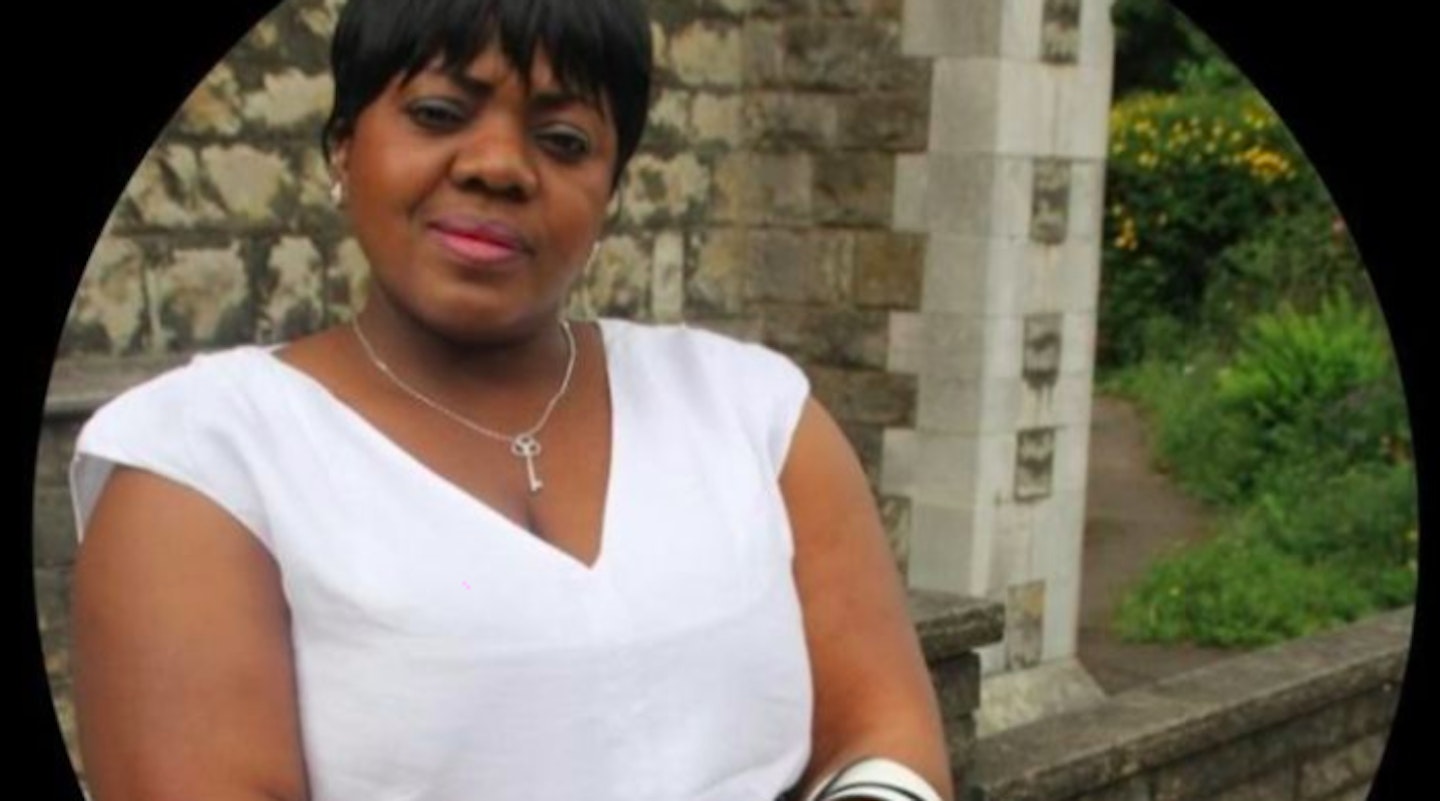 23 of 23
23 of 23Belly Mujinga Memorial Fund
For the memorial of Belly Mujinga, the railway worker who was spat at before she died of Covid-19.
Read More:
White People, If You’re Angry About George Floyd You Should Stay That Way
Yes, The UK Does Have A Race Problem. And It's Just As Troubling As America's
The Christian Cooper Case And Why The 'Good Black' Narrative Is A White Supremacist Fallacy
